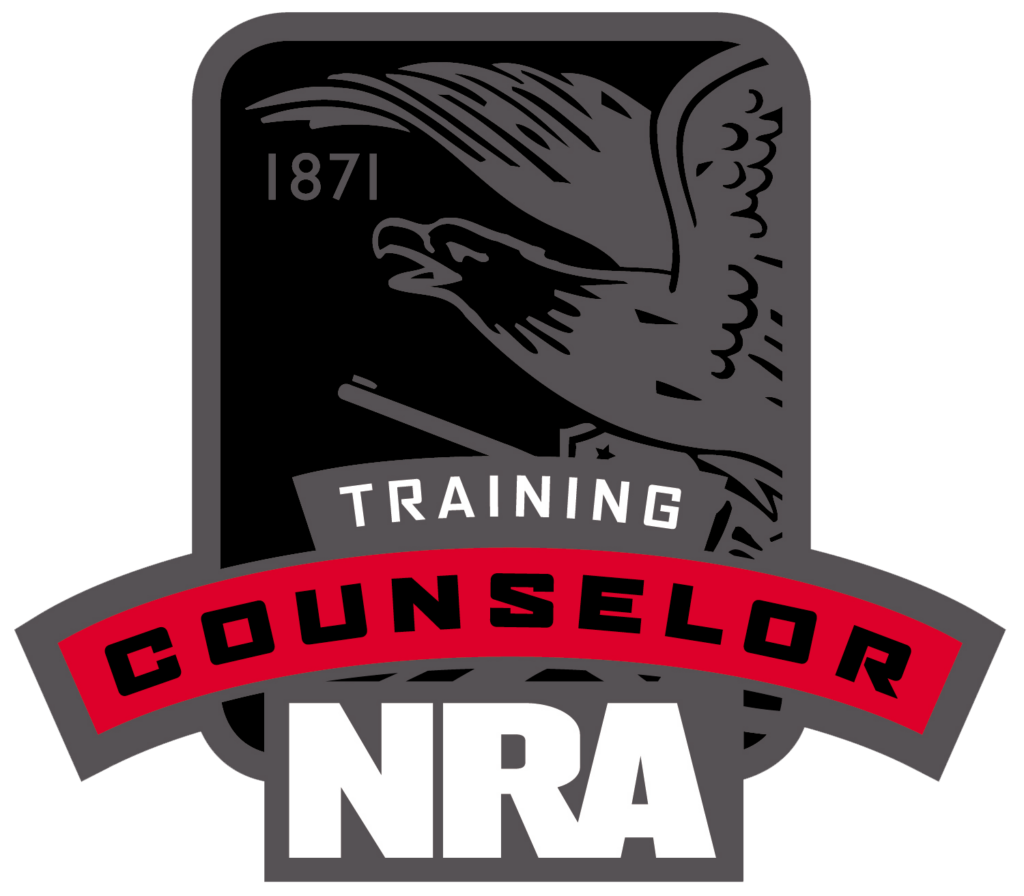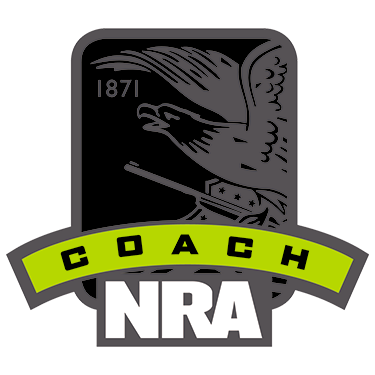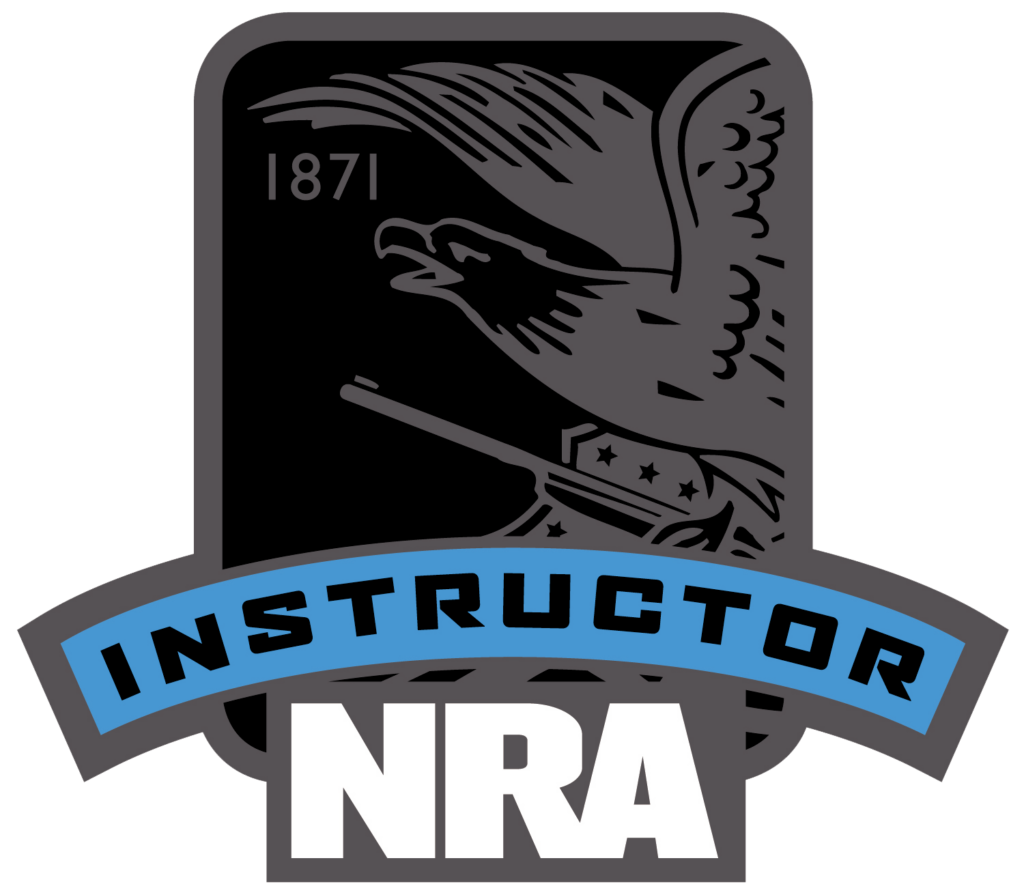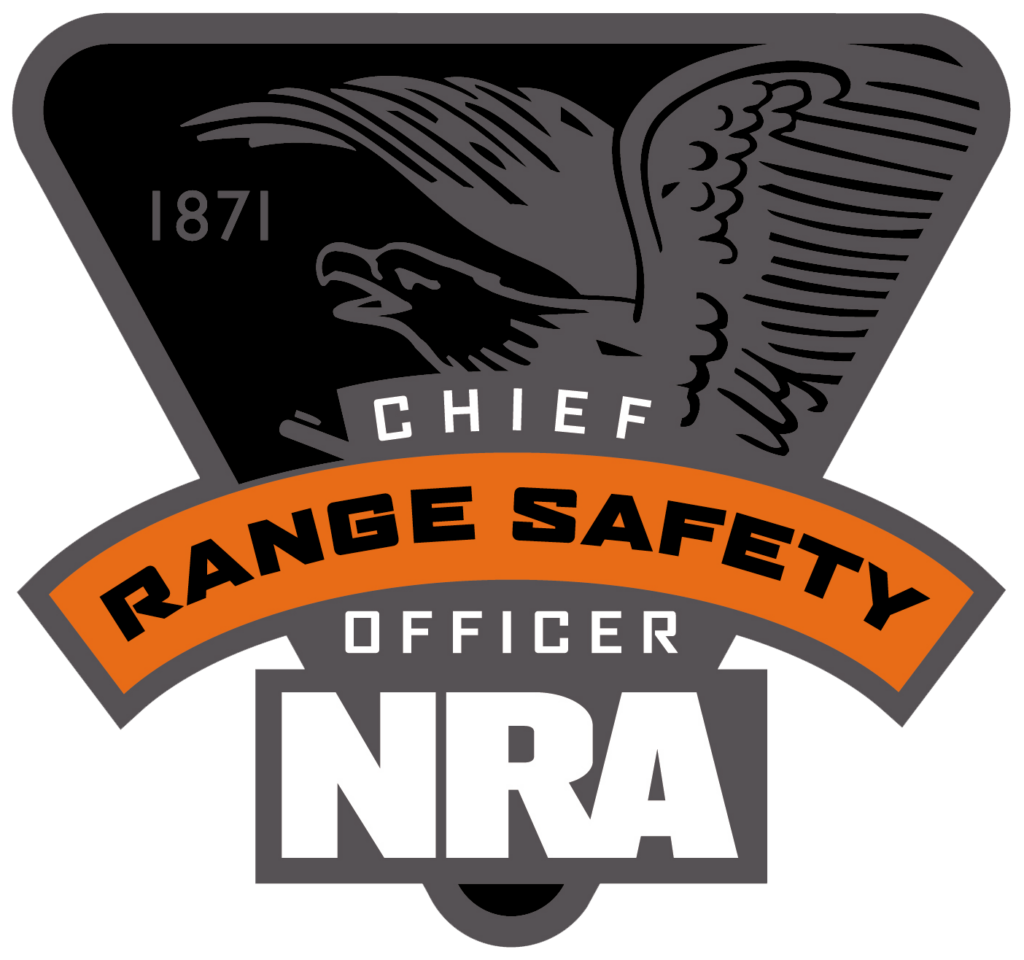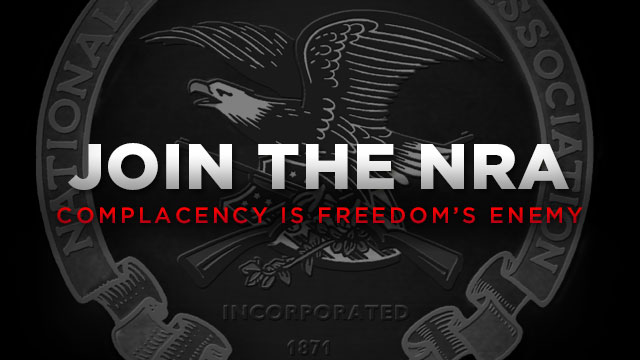This report is directed to anyone who volunteers, or is paid, to protect a faith-based organization; but it could easily apply to anyone who is part of an organization tasked with protection.
When you train and are certified as a cyber security operator, I would argue that if you don’t study your craft a minimum of an hour each day, you are falling behind. This is true in any craft. If your profession, or even your volunteer activities require you to carry a gun you should take your training as seriously as the cyber operator, maybe even more so.
Shooting a gun is a perishable skill. If I lay off shooting and actually practicing specific drills for a month or more, the next time I go to the range to practice, it takes a while and considerable amounts of ammunition to scrape off the rust. Muscle memory helps a lot, but even muscles get lazy.
I hope you are getting the idea of how important constant training is. Let’s throw a scenario into this idea of training.
You have security duty at church on a beautiful Sunday morning. A group of bad guys decide that today is your church’s turn to be terrorized. Three or four bad actors invade your church with guns drawn and you are forced to respond with deadly force but you haven’t been to the range in three months because you had more important things to do on the regularly scheduled training days.
Could you adequately engage the threat? Remember, at the range you don’t have nearly the amount of adrenalin flowing through your body as you do right now. Today, you have a LOT of adrenalin flowing through your circulatory system. Are you able to acquire your sights, or line up your red-dot? Have you exercised the scenario visualization necessary to be able to process what is happening?
OK, we’ve established that it’s important to train on a regular basis. But what kind of training are you doing. Is it just going to the range and everybody lines up on their target and shows off the tight groups they can get with their everyday gun? Do you practice moving and shooting, coordinated actions with the rest of the team, one-handed and two-handed shooting, or room clearing? Is this training documented, not only what training is conducted, but who attended the training and were the objectives of the training met by all members? Are these records kept and available for review? These are actions that must be taken by all organized teams.
Why!
Let’s go back to the scenario above. You and, for argument’s sake, one other team member engages the bad guys and you prevail, the bad guys are neutralized or taken into custody. During the investigation your training program will come under intense scrutiny. The authorities will look at your training program and determine if it was appropriate for the environment in which you are working. In addition to that, your personal adherence to that training program will be examined. The authorities, and I include the District Attorney, will want to know if and how often you attended training. Did you act in accordance with your training? Did your actions show good judgment? If an innocent is injured, either by you or the bad guys, your personal training record will come under additional scrutiny.
In addition to the authorities looking at the training, the insurance company will be looking closely at the program. The security team should have a very close relationship with the insurance company. Relying on a third-person as an intermediary can cause lost-in-translation communications. It is extremely important that the insurance carrier is fully onboard with your training plan as well as the objective accomplishment of individual members.
The church’s insurance company should fully endorse the concept of an armed volunteer security team and therefore any action taken by the team in securing the church should cover all team members involved. But remember, that coverage only covers team members while at church performing their assigned duties. This does not cover team members away from the church.
Falcon Personal Security strongly recommends that anyone who has a Concealed Handgun Permit (CHP) have additional legal protection. The Faith Based Security Network (FBSN) has done a deep-dive into legal protection programs and recommends Right To Bear for all CHP holders.
Remember, when the chips are down, you will revert to your training. Maintaining an organizational and personal training program will only strengthen your competency. As a trained individual, you should know and be sure in the knowledge that your church and your insurance company fully support you and have your back.
Keep training!

